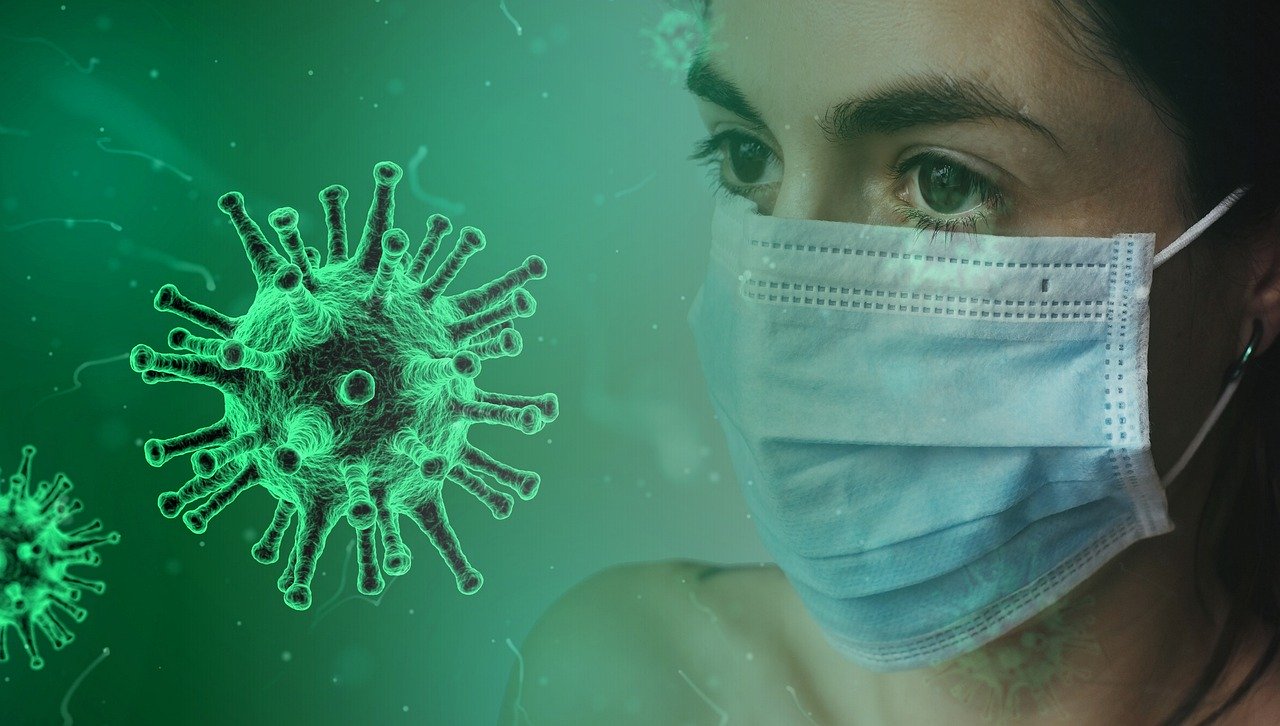The COVID-19 coronavirus is an increasingly worrisome public health issue for countries around the world. And in the absence of a vaccine for the novel virus, it’s up to everyone to follow the World Health Organization’s protective measures to avoid spreading it:
- washing your hands for twenty seconds at a time
- maintaining a healthy distance from other people
- covering coughs and sneezes, and trying to avoid touching their faces
According to the World Health Organization, the coronavirus affects people of all ages,
and officials urge everyone, from the youngest children till to the oldest adults, to take precautions to avoid infection. Of course, as you’ve probably heard, older people with medical conditions such as diabetes, heart disease, and asthma are more likely to get severely ill and are at the highest risk of death.
“We all know that the chance for elderly people having this disease is very concerning, and
they are more likely to have severe disease.” Dying of the virus is fairly unlikely if you’re young and have no pre-existing conditions, according to data collected by Robert Cuffe, the Head of Statistics for the BBC. On March 4, 2020, he presented a graphic from the Chinese Center for Disease Control & Prevention. It indicated that as of February 18th, 2020, there had been no deaths of patients under nine years old, and people under 30 had the lowest death rates.
So, while the situation is obviously ongoing, and new information might trickle in at any
moment, current figures indicate that kids and young people are the least likely to die
from the coronavirus. They can still get it and spread it to people who are at very high risk of severe illness, so it’s important for everyone to be on alert.
The term “young people” means different things to different people, so it’s worth checking
in on specific groups to see how they’re being affected.
Let’s start with the youngest: children.
The U.S. Center for Disease Control points out that there’s no evidence that they’re more
susceptible to COVID-19 than any other age group. In fact, available data from other strains of coronavirus, namely SARS and MERS, indicates that children are relatively unlikely to be infected. “Kids have immune systems that can rapidly adapt and change, so if they get the coronavirus, it can fight it. “The data currently available on COVID-19 is quite limited, but it does appear that children “have generally presented with mild symptoms,” not unlike those of a common cold, the CDC reports.
Must see: Coronavirus Tracking World Map [LIVE]
There has been one reported case that involved diarrhea and vomiting, and there could potentially be even more “severe complications” for some other children. But these seem to be quite rare. To go one step up to teenagers and pre-teens, data compiled by the BBC show that people from the ages of 10 to 19 are relatively safe when it comes to the risk of death from coronavirus.
The bigger concern for some seems to be on how people in this age group will cope mentally with the outbreak. Reporters Donna De La Cruz and Lisa Damour of the New York Times have both written articles about the way parents should approach the coronavirus situation with their tweens and teens. De La Cruz points out that the youngsters might “develop anxiety” over the flood of information about the virus, while Damour explains that teenagers’ tendency to” experience emotions especially intensely” might make the crisis a particularly traumatic one for them.
Business Insider reported on March 11th that teens themselves appear to be dealing with
coronavirus with the time-tested dual attack of dark comedy and memes.
We’ve all got to get our anxieties out somehow, right?
And what about the twenty-somethings?
How risky is COVID-19 for them?
According to BBC data, they’re also likely to only experience mild symptoms if they contract the virus. People younger than 30 dying of coronavirus isn’t completely unheard of, but the available data from China indicates that out of 4,500 cases of under-30s with COVID-19, only eight ended in death.
That would be a .178 percent death rate for people under 30, which is obviously way more than the ideal zero percent, but still well below even the lowest estimate of COVID-19’s worldwide mortality rate, which Business Insider says was somewhere in the range of around 3.4 percent as of March 12th. But, it’s worth stressing again: Even if you aren’t personally at high risk of dying or experiencing severe illness from COVID-19, people you know may not be so lucky. Take precautions.
We’re all in this together.
Must see: Coronavirus Tracking World Map [LIVE]
